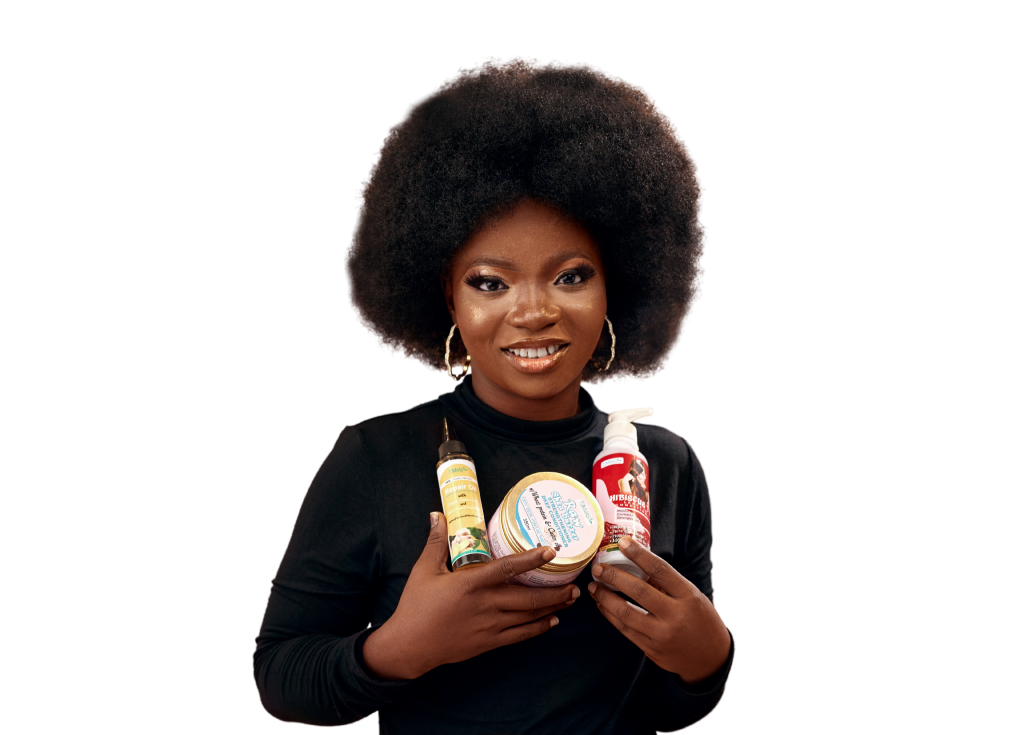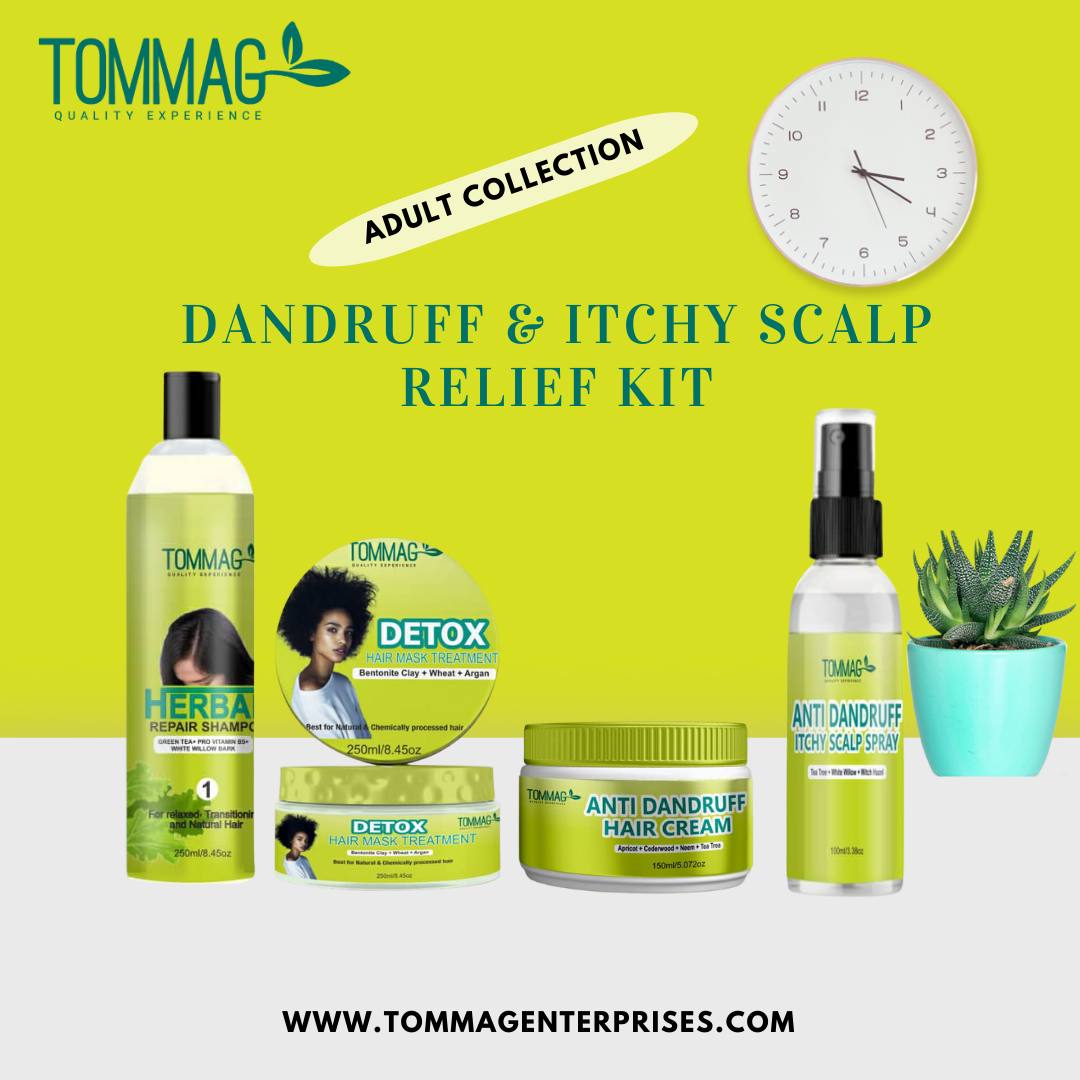Similar to pimples, the visible indicators of hair thinning and loss might leave you feeling insecure and angry because you don’t know how to manage them.
Not to mention, each person’s condition is influenced by a Persian banquet of various hair types, textures, and genetics.
In light of this, we spoke with the founder of Tommag Hair Care, a premier haircare company in Lagos, to get the answers to the medically supported concerns we’re all secretly asking about the rather taboo subject of hair loss and thinning hair.
What Vitamins Are Best for Hair Growth?
If you aren’t obtaining the appropriate daily levels of key vitamins, vitamin tablets could undoubtedly assist your hair. If you know you are deficient in any vitamin, like C or A, look for a hair supplement that makes up the difference. There are vitamins made especially to satisfy the requirements of persons who avoid dairy. A bottle’s label will indicate whether or not it contains no dairy, gluten, or animal products throughout preparation.
PROTEIN FOOD
Since strong hair begins on the inside, strengthen it with foods high in protein, such as eggs, oily fish, beans, nuts, whole grains, and lean meats like chicken. Foods with high nutritional value are among the finest for hair development. Nutrient deficiencies may have an impact on hair health. Since keratin, a strong protein also needed to make skin and fingernails, forms each strand of hair, protein is essential. Your body will redirect its protein resources to more important locations if you don’t get enough, which could negatively impact your hair.
Protein is necessary for healthy, powerful hair growth. Hair is made of keratin and a protein found in tooth enamel and nails. Furthermore, because keratin fills in the weak spots in the hair, it temporarily improves the strength and condition of the hair while also encouraging hair development. This is why keratin is utilized in many strong hair conditioning treatments. Raw eggs are commonly used in do-it-yourself hair conditioning treatments for the same reason.
The characteristic stench of eggs comes from albumen, which is the main source of sulfur. It’s also used as a gentle way to remove hair dye in professional color correction operations.
Salt not only encourages healthy hair but also prolongs the hair cycle’s, a protein that makes hair strong and insoluble and permits proper function.
L-lysine, an amino acid found in eggs, is beneficial for those who wish to have thicker hair. This is because it makes iron and zinc easier for the body to absorb—two elements necessary for strong, healthy hair. It is essential that you get L-lysine from food because the body cannot produce it on its own.
Biotin, which is necessary for the development of healthy hair and helps prevent dryness, which lowers the risk of hair breakage, is abundant in egg yolks.
How To Use Egg For Hair Benefit
If you are not pregnant, you should try to limit your daily egg consumption to one because eating too many has been associated with elevated cholesterol. Anybody with cholesterol problems should normally limit their egg consumption to no more than four eggs per week.
In light of this, you want to maximize the advantages of protein from your eggs, and the preparation method you choose can affect each egg’s protein content.
Protein intake should be limited to lower for women and higher for men per day in the United Kingdom. to help you make sure you get enough en-ouef protein in your diet. It indicates how many grams of protein an egg typically provides based on how it is cooked.
| Boiled: 6g per 50g |
Fried: 28g per 200g |
Omelette: 33g per 300g |
Poached: 26g per 200g |
Raw: 20g per 200 |
Scrambled: 10 per 110 |


